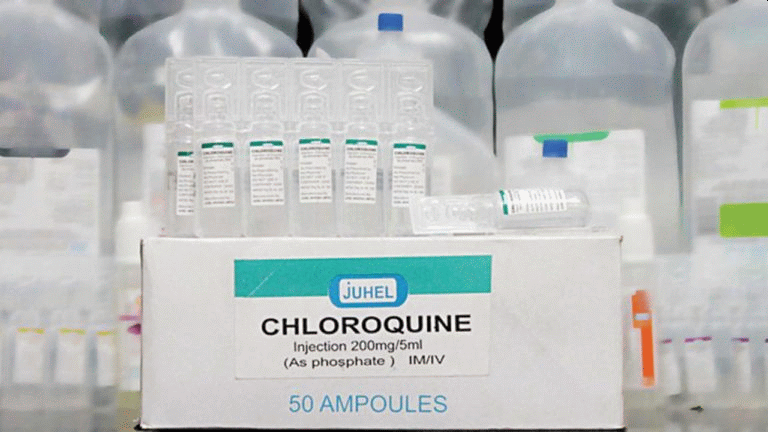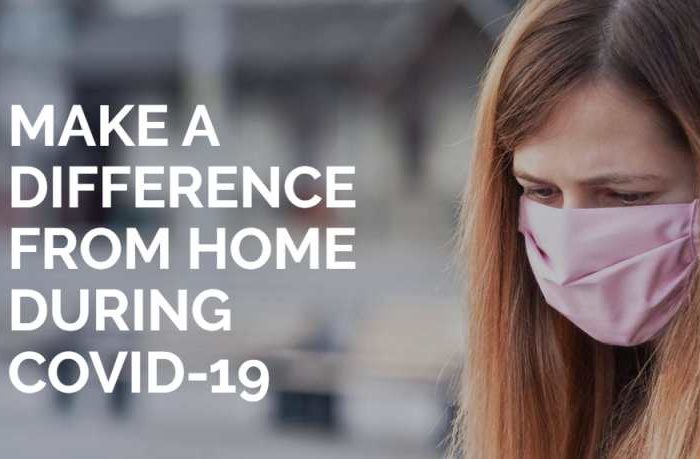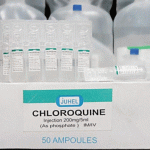BREAKING: Results of the randomized clinical trial of 81 COVID-19 patients show that high-dosage of chloroquine with azithromycin was not sufficiently safe to warrant continuation of the study

Hydroxychloroquine, Zinc Sulphate and Azithromycin (Z-Pak) have been the subject of debate since a small study led by renowned French Dr. Didier Raoult, found the three-drug regimen has shown to be effective in treating coronavirus patients. Ever since, there were anecdotal reports from doctors and patients around the world who credited the drugs for saving their lives. At the same time, many in the science community remain skeptical due to lack of sufficient data and randomized clinical trial to prove the safety and effectiveness of these drugs.
Chloroquine is another drug that has not been gaining a lot of attention in the media. It is a sister drug to hydroxychloroquine. Not to be confused with hydroxychloroquine, today, scientists released the results of a randomized clinical trial to answer the question of how safe and effective are 2 different regimens of chloroquine diphosphate in the treatment of severe coronavirus disease 2019 (COVID-19).
In preliminary findings published Friday in the peer-reviewed Journal of the American Medical Association, they found that “higher dosage of chloroquine should not be recommended for the treatment of severe COVID-19, especially among patients also receiving azithromycin and oseltamivir, because of safety concerns regarding QTc interval prolongation and increased.”
By the time of the study planning, the Brazilian regulatory agency and the Brazilian Ministry of Health authorized the compassionate use of CQ and HCQ at the clinician’s discretion, with pressure on physicians to prescribe the drug for patients with severe COVID-19.
They authors of the paper also found that, “there is no specific antiviral therapy recommended for coronavirus disease 2019 (COVID-19). In vitro studies indicate that the antiviral effect of chloroquine diphosphate (CQ) requires a high concentration of the drug.”
However, the researchers noted that the effect of CQ was apparently superior to the control treatment in inhibiting the exacerbation of pneumonia, improving pulmonary imaging findings, promoting a negative conversion of the virus, and reducing the disease course. In 20 patients with COVID-19 treated with HCQ, 6 of whom also received azithromycin, the proportion of patients who tested negative in nasopharyngeal samples differed significantly between patients receiving treatment and patients in the control group. “Although highly preliminary and probably not sufficiently powered to be conclusive, these results supported an effort to evaluate the effect of CQ on the evolution and prognosis of COVID-19 more thoroughly,” the paper reads.
A total of 81 patients were randomized (40 [49.4%] in the low-dosage group and 41 [50.6%] in the high-dosage group) (Figure 1). A preliminary analysis was performed on April 5, 2020, per DSMB recommendation, when 11 patients had died (7 [63.6%] in the high-dosage group; 4 [36.4%] in the low-dosage group). Most patients (62 of 81 [76.5%]) had COVID-19 confirmed a posteriori by reverse transcription–polymerase chain reaction, with 31 (77.5%) in the low-dosage group and 31 (75.6%) in the high-dosage group. The patients with unconfirmed disease had clinical and epidemiological presentation compatible with COVID-19 and were analyzed together.
“In this study, a high-dosage of CQ (12 g) given for 10 days concurrently with azithromycin and oseltamivir was not sufficiently safe to warrant continuation of that study group. Age was an important confounder and might be associated with the unfavorable outcomes. We recommend that similar dosages no longer be used for the treatment of severe COVID-19, especially because treatment based on older patients with previous cardiac diseases who are receiving concomitant cardiotoxic drugs should be the rule,” the researchers concluded.

